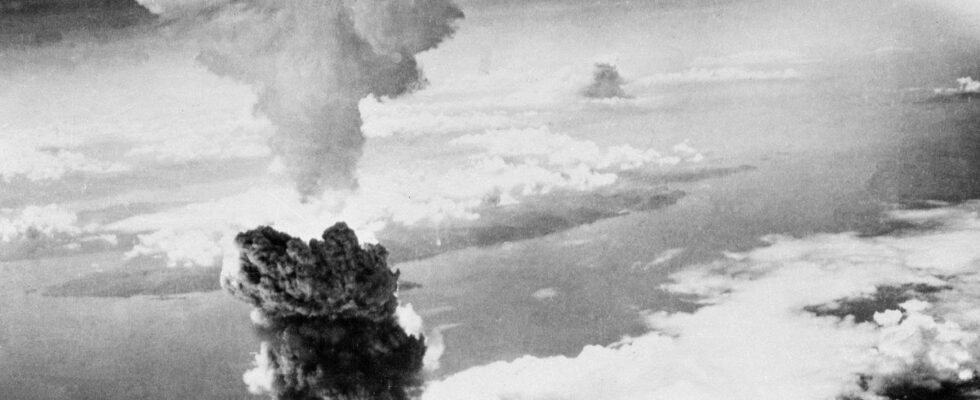“The sky is going to fall on our heads! already worried the Gauls, at least those of the albums ofAsterix. More than 2,000 years later, the end of the world is really approaching. Based on the climatic, military and health context, the scientists of the Council for Science and Security of the Bulletin of the Atomic Scientists, including ten Nobel laureates, decided to advance the time of the symbolic clock of the ‘apocalypse. It is now minus 90 seconds.
In other words, humanity has never been so close to a planetary cataclysm. But what do these experts rely on? What is the use of such an alarm? Isn’t it too anxiety-provoking? Laurent Testot, scientific journalist and co-author of Vortex, facing the Anthropocene (with Nathanaël Wallenhorst at Payot editions), contacted by 20 minutesattempts to answer these questions.
What data do the scientists of the Bulletin of the Atomic Scientists rely on?
You just have to watch the news in the evening on television or open 20minutes.fr to realize it. The threats hanging over our environment and the stability of the world are becoming more and more important and urgent. It is primarily on the basis of current events that the experts come to this alarming conclusion. “Russia’s thinly veiled threats to use nuclear weapons remind the world that an escalation of the conflict – accidentally, deliberately or by mistake – is a terrible risk”, explains the group as it unveils the new schedule. .
But it is not only the war in Ukraine that is shaking humanity. The scientists also took into account “the persistent threats represented by the climate crisis” as well as the fact that “devastating events, such as the Covid-19 pandemic, can no longer be considered as rare occurrences that only happen once. times every hundred years. If this clock cannot predict the future, its schedule is nevertheless based “on the concern of a team of experts who base their arguments on summaries of scientific studies”, specifies to 20 minutes Laurent Testot. And if the researchers particularly insist on the risks linked to the war in Ukraine, thus highlighting the threat of atomic weapons, “there is still little talk about military nuclear power, yet if global warming is combined with other threats, we is actually getting closer to the apocalypse”.
What is the doomsday clock for?
It is a cry of alarm, a way of reacting, “to make people aware of the imminence of danger”, interprets Laurent Testot. The Bulletin of the Atomic Scientists was founded in 1945 by Albert Einstein and scientists who worked on the “Manhattan Project” to produce the first atomic bomb. Originally, after the Second World War, the clock showed midnight minus 7 minutes. In 1991, at the end of the cold war, it had fallen back to 17 minutes before midnight. Thus, the clock gives an indication of the mess in which humanity currently finds itself. “It’s a metaphor for the risks that humanity incurs and it reminds us that we are not out of the nuclear threat, while the climate threat is getting worse”, sums up Laurent Testot.
To try to defuse the bomb that awaits us, citizens, leaders and economic firms will have to be affected by the urgency of the situation. “It is the trio of public opinion/political power/economic power that will be able to ensure that the world is aware of this common interest in the survival of humanity”, explains Laurent Testot.
Doesn’t it risk propagating too much anxiety?
The end of the world, or at least of society as we know it today, is not reassuring. Nevertheless, ringing the alarm bell, on subjects such as nuclear armament or the climate – as IPCC experts regularly do – seems necessary. “During the Cold War, it is not certain that the balance of terror worked. It is possible that it was a stroke of luck if the nuclear cataclysm was avoided”, recalls Laurent Testot. Especially since, according to the scientific journalist, “wars are becoming more and more tactical and the risk of using them [l’arme nucléaire] like any other weapon exists”.
And if this subject is indeed very distressing, “it is not for that that it is not taken into account. These are political issues that we must decide together,” he underlines. And to add: “Without necessarily being aware of it, we certainly live better, but we are less and less masters of our destiny. Moreover, anguish can be a driver of change, makes it possible to commit to militancy. “Either we abdicate, or we get informed”, sums up Laurent Testot.

